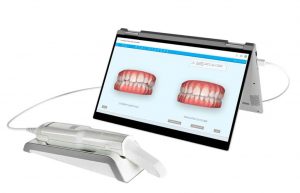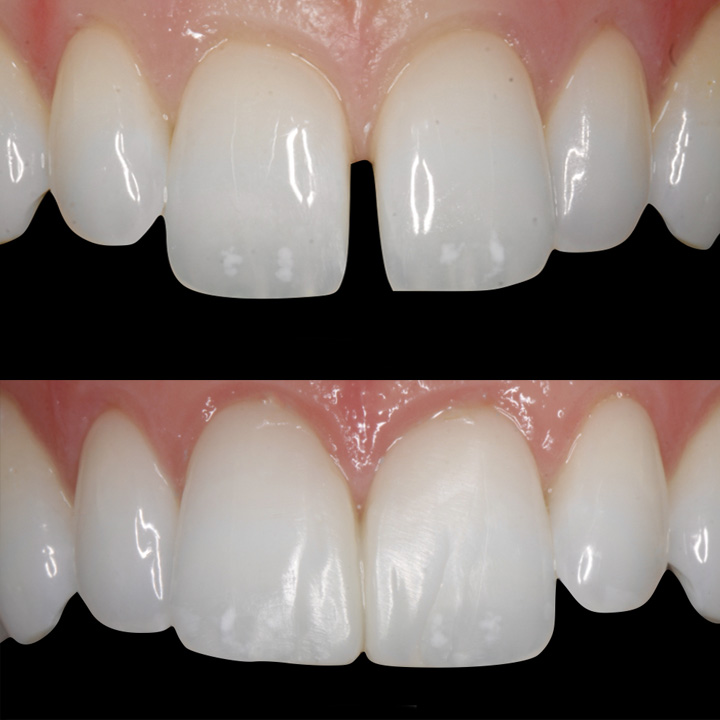What is AI?
What is AI? AI, or artificial intelligence, is the field of computer science that deals with creating machines or software that can perform tasks that normally require human intelligence, such as reasoning, learning, decision making, or natural language processing. AI can be classified into two broad categories: narrow AI and general AI. Narrow AI refers to systems that are designed to perform specific tasks, such as face recognition, speech recognition, or chess playing. General AI refers to systems that can exhibit human-like intelligence across a wide range of domains, such as common sense, creativity, or emotional understanding. General AI is still a hypothetical concept, while narrow AI is already widely used in various industries and domains, including dentistry.

What is AI governance?
What is AI governance? AI governance is the set of principles, policies, and practices that aim to ensure that AI is developed and used in a responsible, ethical, and beneficial way for society. AI governance covers aspects such as data privacy, security, accountability, transparency, fairness, human rights, and social impact. AI governance is important because AI can have significant and sometimes unintended consequences for individuals, groups, and society at large, such as bias, discrimination, manipulation, or harm. AI governance can help to mitigate the risks and maximize the opportunities of AI, by establishing clear standards, guidelines, and mechanisms for oversight, regulation, and stakeholder participation.
How AI is transforming dental healthcare
AI has the potential to revolutionize dental healthcare, by improving the quality, efficiency, and accessibility of dental services. Some of the applications and benefits of AI in dentistry are:
- AI can help to diagnose dental conditions, such as caries, periodontal disease, or oral cancer, by analysing images, x-rays, or scans, and providing accurate and consistent results.
- AI can help to design and fabricate dental prosthetics, such as crowns, bridges, or implants, by using computer-aided design and manufacturing (CAD/CAM) systems, and optimizing the shape, fit, and function of the devices.
- AI can help to monitor and prevent dental diseases, by using sensors, wearables, or apps, and providing personalized feedback, recommendations, or reminders to patients and dentists.
- AI can help to enhance dental education and training, by using virtual reality, augmented reality, or simulation, and providing interactive and immersive learning experiences for students and professionals.
- AI can help to increase dental access and affordability, by using tele-dentistry, chatbots, or online platforms, and providing remote consultation, diagnosis, or treatment to patients in underserved or rural areas.
Why AI governance matters in dentistry
While AI offers many opportunities for dental healthcare, it also poses many challenges and risks that need to be addressed and managed. Some of the issues and questions that AI governance can help to answer are:
- How can we ensure that the data used to train and test AI systems in dentistry is reliable, representative, and respectful of the privacy and consent of the patients and dentists?
- How can we ensure that the AI systems in dentistry are secure, robust, and resilient to errors, attacks, or failures?
- How can we ensure that the AI systems in dentistry are accountable, transparent, and explainable to the users, regulators, and the public?
- How can we ensure that the AI systems in dentistry are fair, inclusive, and respectful of the diversity and dignity of the patients and dentists?
- How can we ensure that the AI systems in dentistry are aligned with the values, norms, and ethics of the dental profession and society?
- How can we ensure that the AI systems in dentistry are beneficial, sustainable, and compatible with the human and environmental well-being?
What is AI in dentistry … Conclusion
AI is transforming dental healthcare, by providing new and innovative solutions for diagnosis, treatment, prevention, education, and access. However, AI also raises many ethical, social, and legal issues that need to be carefully considered and addressed. AI governance can help to ensure that AI is used in a responsible, ethical, and beneficial way for dentistry and society, by establishing a framework of principles, policies, and practices that can guide the development and use of AI in dentistry. AI governance is not only a duty, but also an opportunity, for dentists, researchers, policymakers, and stakeholders, to shape the future of dental healthcare with AI.








